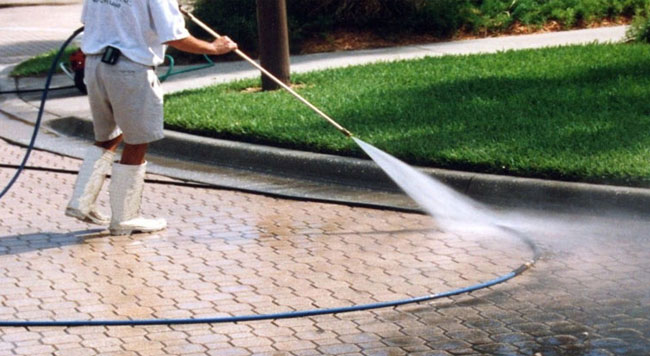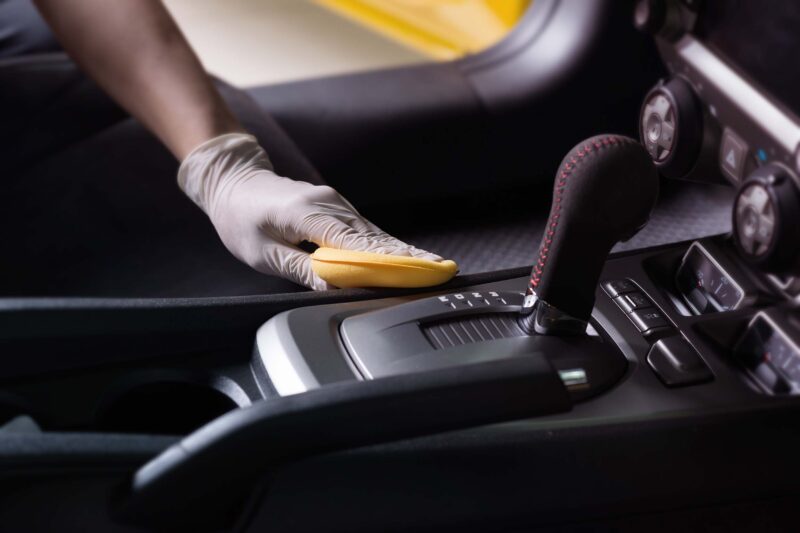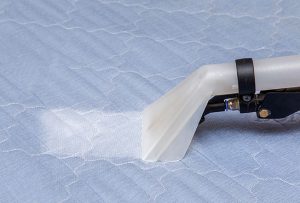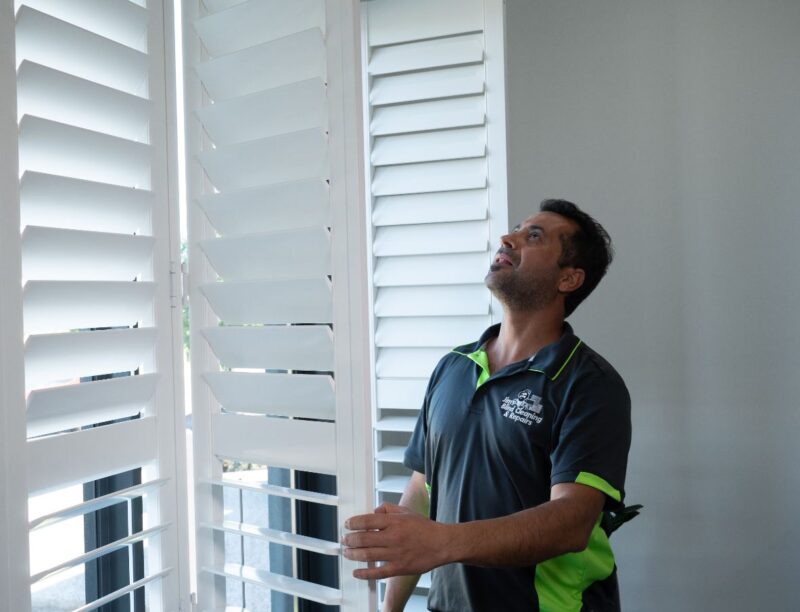Leather furniture is said to last forever. Its beautiful design and allergy-resistant material make it both a sophisticated and practical addition to any home. But despite its many upsides, it doesn’t take much to dirty or damage leather furnishings. Spills can lead to mould growth or stains that withstand even the most diligent polishing. Dirt, grime, and body oils may slowly discolour the original pigment. Worse, some DIY methods only make things worse, eating away at the leather’s structure until it cracks or sheds.
Thankfully, cleaning dirty leather furniture is neither difficult nor expensive. Armed with the right resources, you could restore your leather furniture to perfection within just a few hours of dedicated work (and the right products). And if you’re willing to partner with leather specialists like Jim’s Carpet Cleaning, you could protect your leather furniture without causing further damage to your expensive furniture.
Let’s walk through the different methods used to remove stains from leather furniture, including mould removal, polishing, and simple ways of cleaning that keep furnishings in top-notch shape.
Physical steps for cleaning dirty leather furniture
Even if your leather furniture isn’t suffering from mould overgrowth, there are times when the material can become blemished, spotted, or unpolished. If you’re looking to restore your chair, couch, or bed frame, you’ll want to start with the following steps:
-
Observe the damage
How far gone is the leather in question? Are there any rips, holes, or tears to consider? Once the leather has passed a certain point, it might make more sense to get it reupholstered or repaired by a professional.
-
Acquire the right products
Household cleaning products can’t clean leather furniture. In fact, many DIY methods such as dish soap, baby wipes, and vegetable oil can lead to more problems. A buildup of unwanted chemicals might cause the material to break down over time and slowly erode your valuable investment.
-
Monitor your technique
Buff out dirt using small, circular motions in the same direction. Take care not to put too much pressure on the furniture, which could cause further damage to the leather material.
Daily cleaning of your leather furniture will help protect it against permanent damages, including stains. However, any lived-in furnishings will eventually develop some signs of wear and tear. Professional services will be necessary if you want to restore your couch to its day one appearance. Jim’s Carpet Cleaning has everything you need to get started, offering leather cleaning and polishing protection to clients across Australia.
How to clean mould off leather furniture
Leather furniture that’s exposed to humidity or moisture for long periods develops multiple mould-related problems. First, leather mould may affect you physically by reducing air quality and leading to unwanted allergic reactions. Second, long-term mould growth can be detrimental to the colour of your furnishings, leading to permanent damage. The moment you spot any sort of mould growth in or around your furniture, begin a treatment process right away:
- Start by cleaning the surface thoroughly. Use a vacuum to gently remove any crumbs or a soft nylon brush to get into more minor cracks and crevices.
- If you have finished leather, use a damp cloth mixed with a tiny splash of rubbing alcohol. This will disinfect the couch and prevent the reemergence of mould spores.
- Spray the leather with a small amount of mixture, then buff it out very carefully. Always test your spray on a small or unnoticeable area to avoid further damage.
- Work on eliminating any of the factors that damaged your furniture in the first place. Use a dehumidifier to remove excess humidity. Additionally, try to avoid food or drinks around your leather couches.
Please note that unfinished leather is much more delicate than hardened or polished furnishings. If unfinished furniture has any sort of mould growth, you’ll want to get in touch with a professional such as Jim’s Carpet Cleaning for additional help.
The best way to clean leather furniture with polishing tools
If the stains on your furniture are particularly challenging, polishing the leather may be your next best option. Polished leather rehydrates the material with an absorbent oil, helping to hide any discolouration or bad staining. You may want to try some of the following tips:
- Use a chamois cloth to gently buff out any unwanted surface stains.
- Combining one part olive oil with two parts vinegar may be enough to condition smaller furnishings.
- Rely on over-the-counter products to care for badly damaged furniture, starting with options like Leather Milk.
If stains subsist even after treatment, you may need to take a more professional approach.
How to clean leather furniture at home without polishing
Stained leather furniture doesn’t need to be polished continuously. In many cases, all it needs is a little pick-me-up to be restored to its former glory. Here’s how to clean your household’s specialised furniture without polishing or waxing its exterior surface:
- Gather your materials — For this cleaning process, you’ll need a spray bottle and a microfiber cloth. If the furniture you’re cleaning is large, you may need more than one cloth.
- Create a cleaning mixture — To protect the existing sealant on the furniture, you can use a gentle combination of warm water, baking soda, and a hint of white vinegar. Mix these in three parts — two cups of water, a tablespoon of baking soda, and a dash of vinegar.
- Apply the mixture — Using the spray bottle, spritz a tiny amount of liquid on the exterior of the leather. Immediately buff it out using the microfiber cloth to prevent moisture buildup and mould growth.
- Scrub lightly — If there’s any hardened gunk on the furniture (toothpaste, gum, etc.), use a fine bristled brush to remove any loose residue. Continue to brush lightly until you have removed as much excess as possible. You may need to stop and continue later on to limit excess water exposure.
Please note that this leather cleaning process is a temporary fix rather than a long-term solution. Water and baking soda aren’t enough to continuously recondition your leather, leading to wear and tear down the road. Professional treatments are the best and only way to ensure your leather furniture lasts forever.
Why Jim’s Carpet Cleaning is the best leather furniture cleaning service
Cleaning leather furniture isn’t the most complicated of tasks, but it certainly is one of the most time-consuming ones. And if you’re preparing for a large party, vacating an apartment, or gearing up for a big move, it’s likely time you can’t afford to waste.
At Jim’s Carpet Cleaning, we understand how valuable our client’s time can be, which is why we’ve offered outstanding leather furniture cleaning services since 1994. We offer six separate cleaning divisions to ensure quality, hiring some of the best in the business to ensure your furniture is truly spotless.
Our leather cleaning and protection services always go the extra mile for our customers, relying on speciality equipment, unique industry products and a professional team of experts. Experience the difference with Jim’s Carpet Cleaning’s leather furniture cleaning service. If you have any questions or want to request a free quote, get in touch with our team today!



